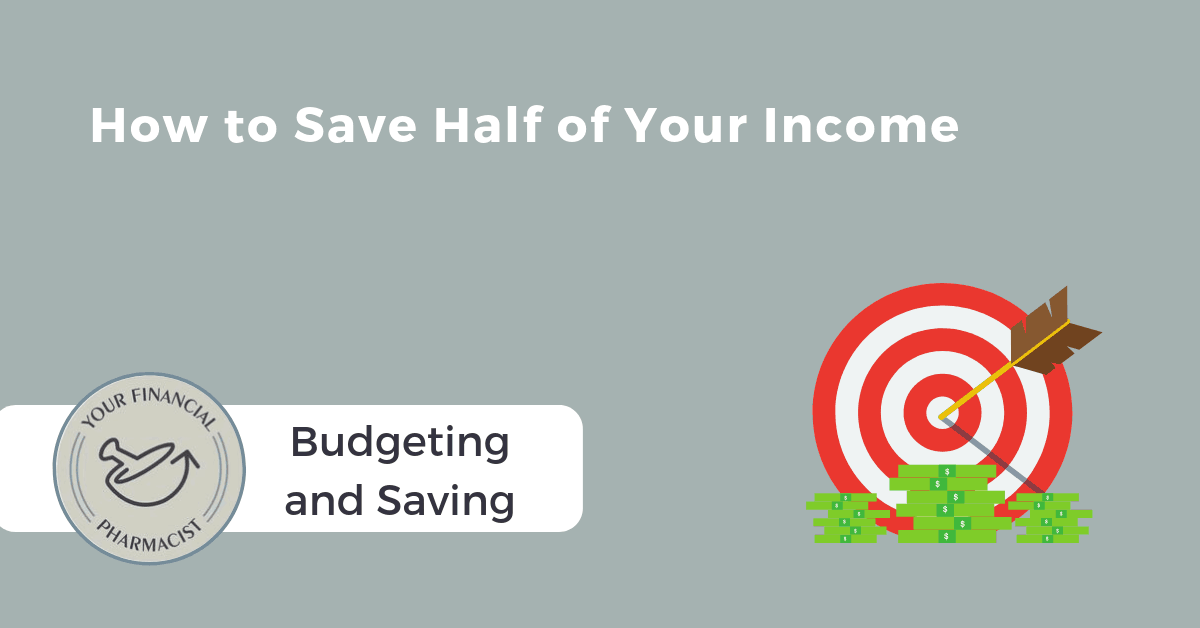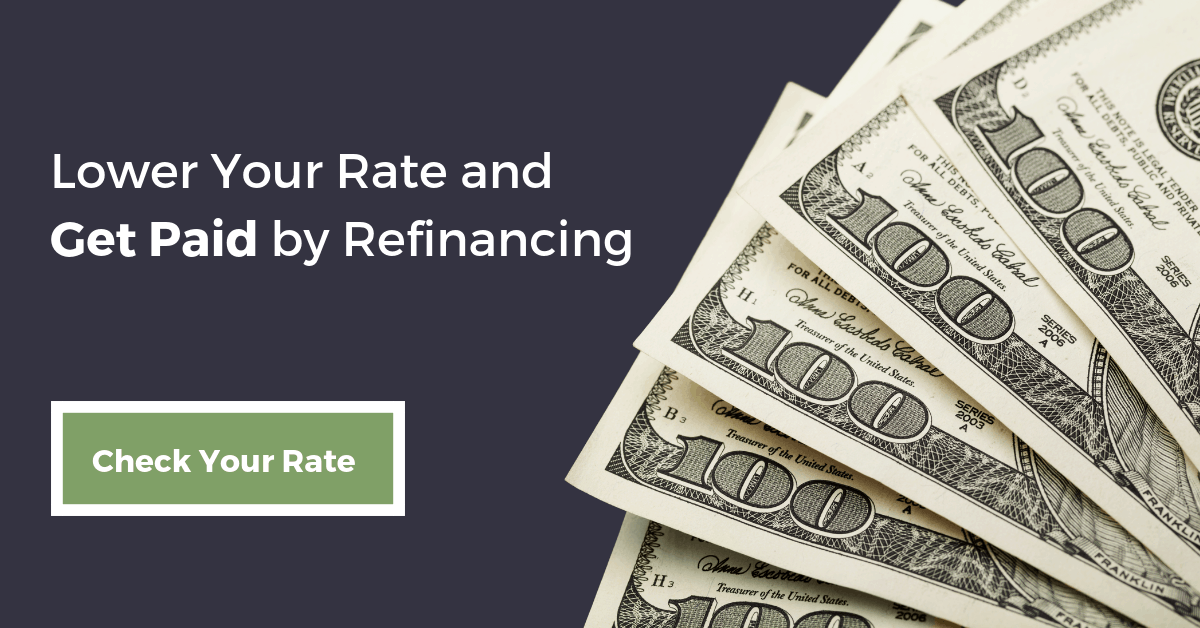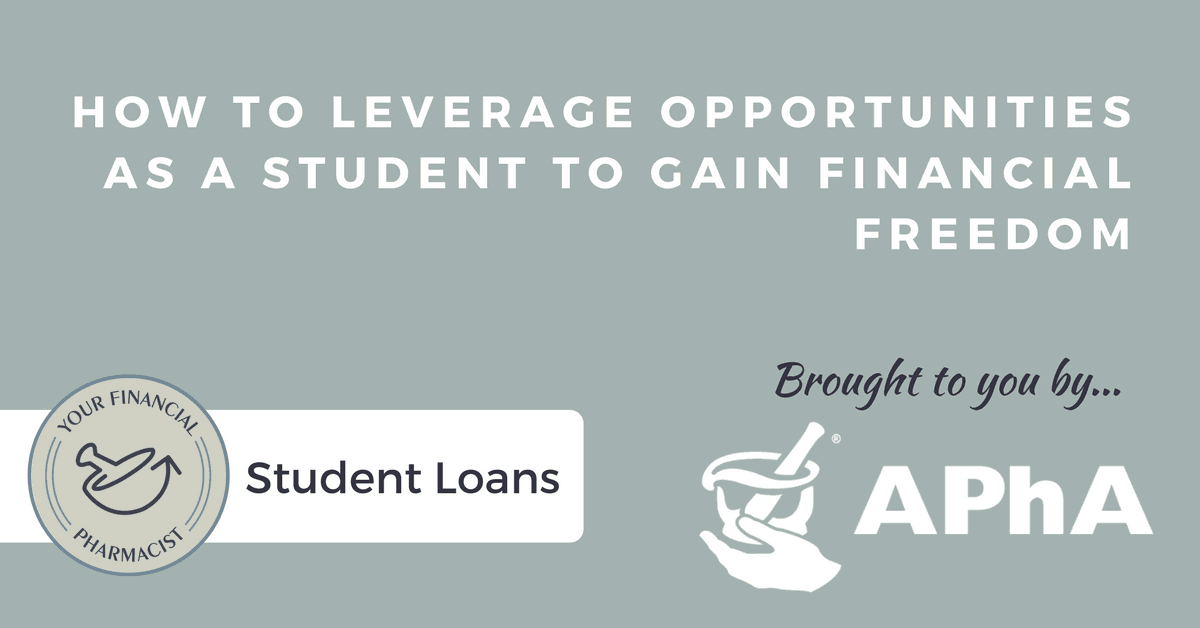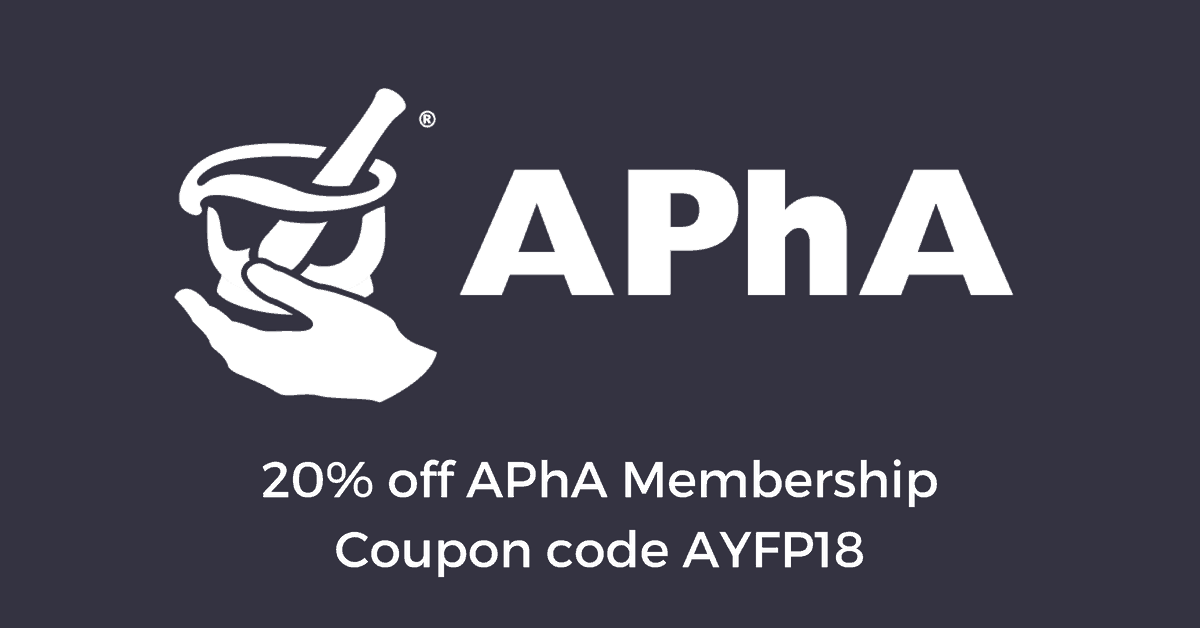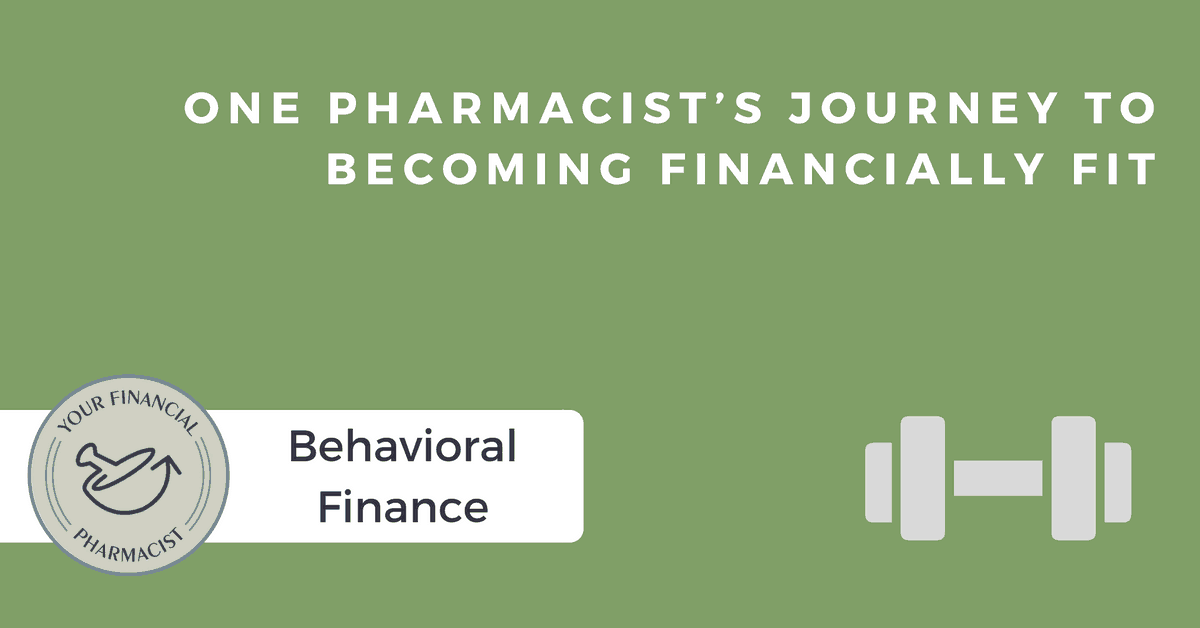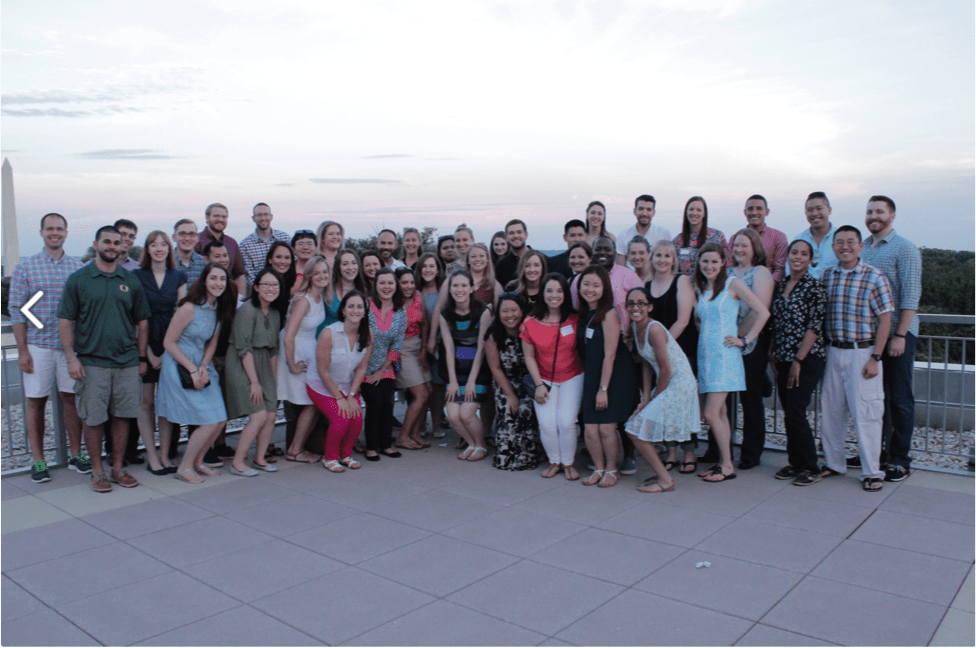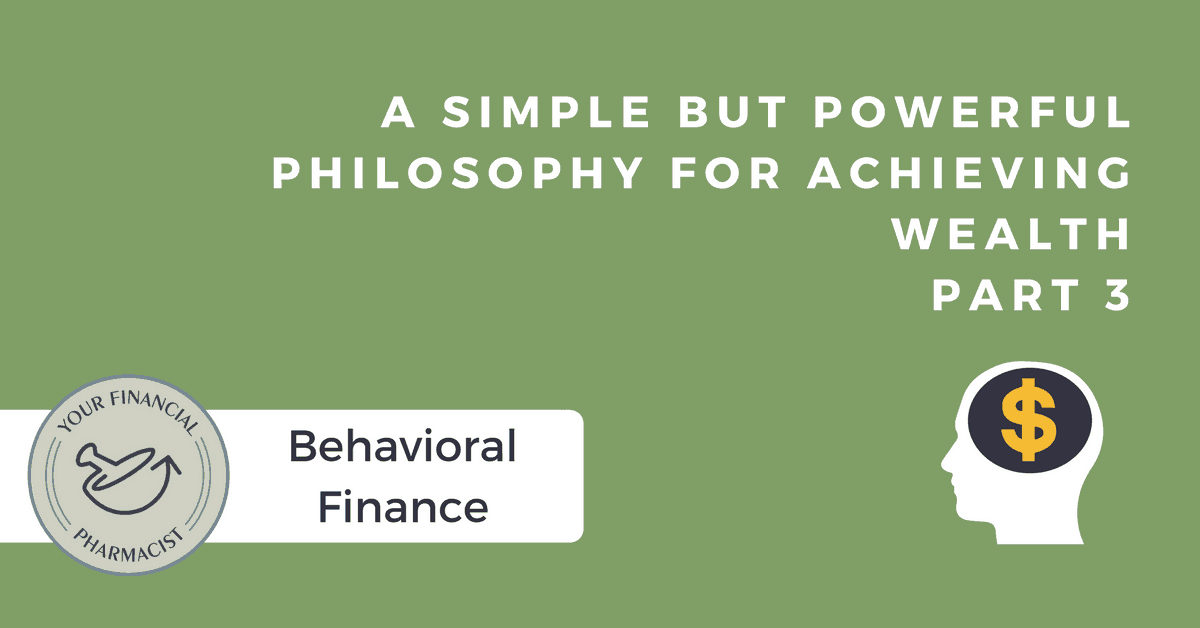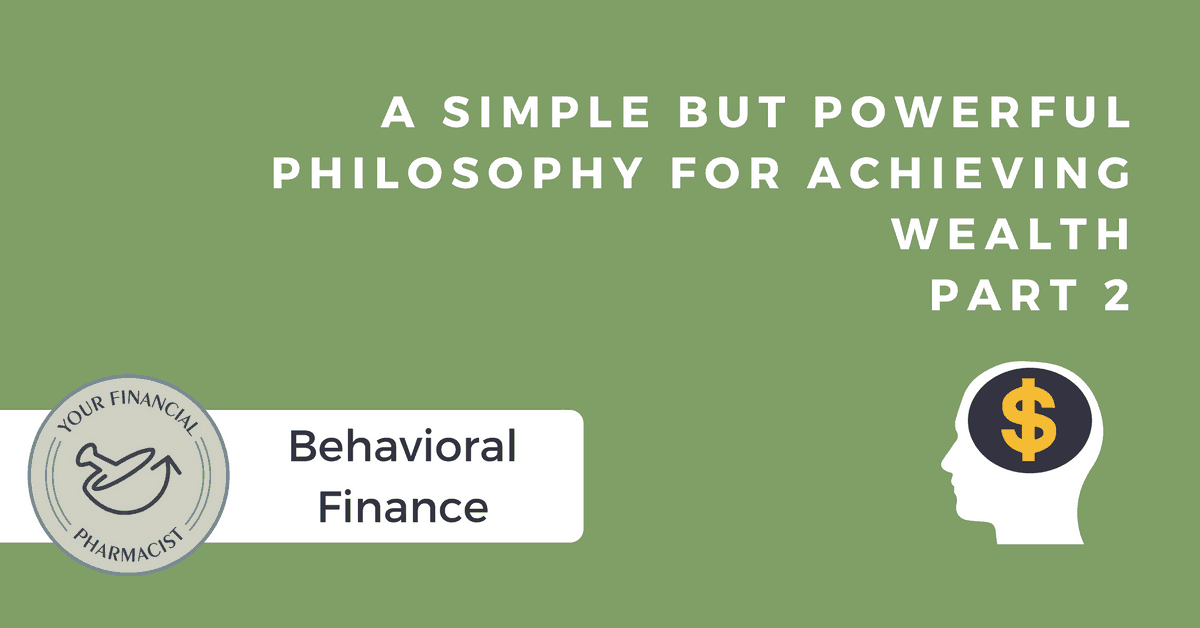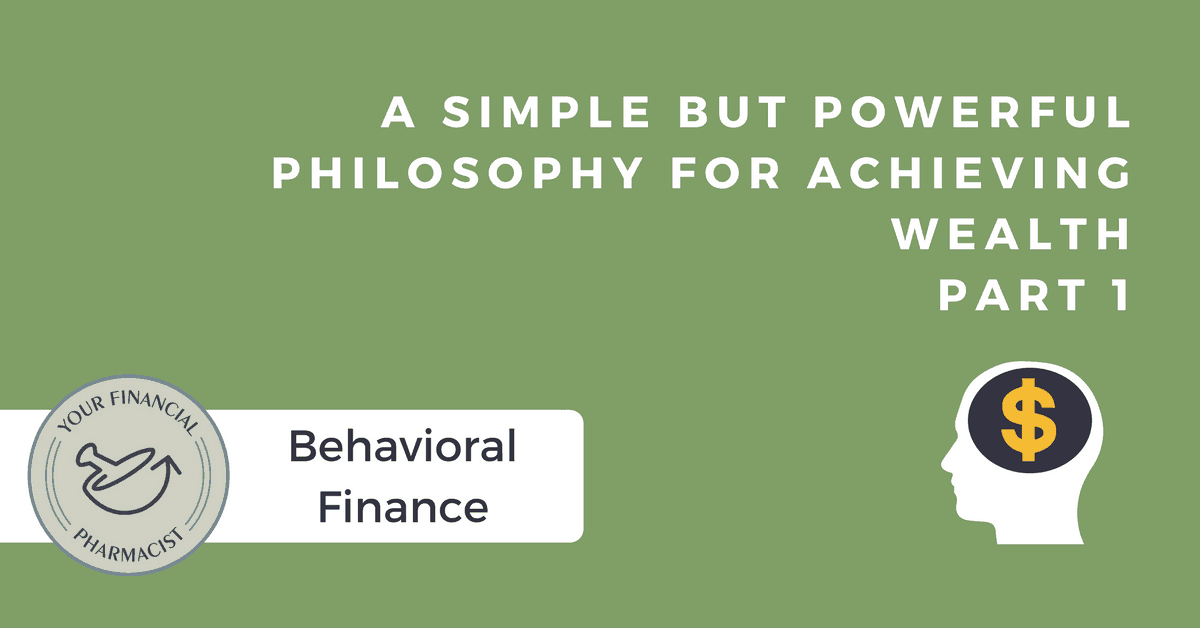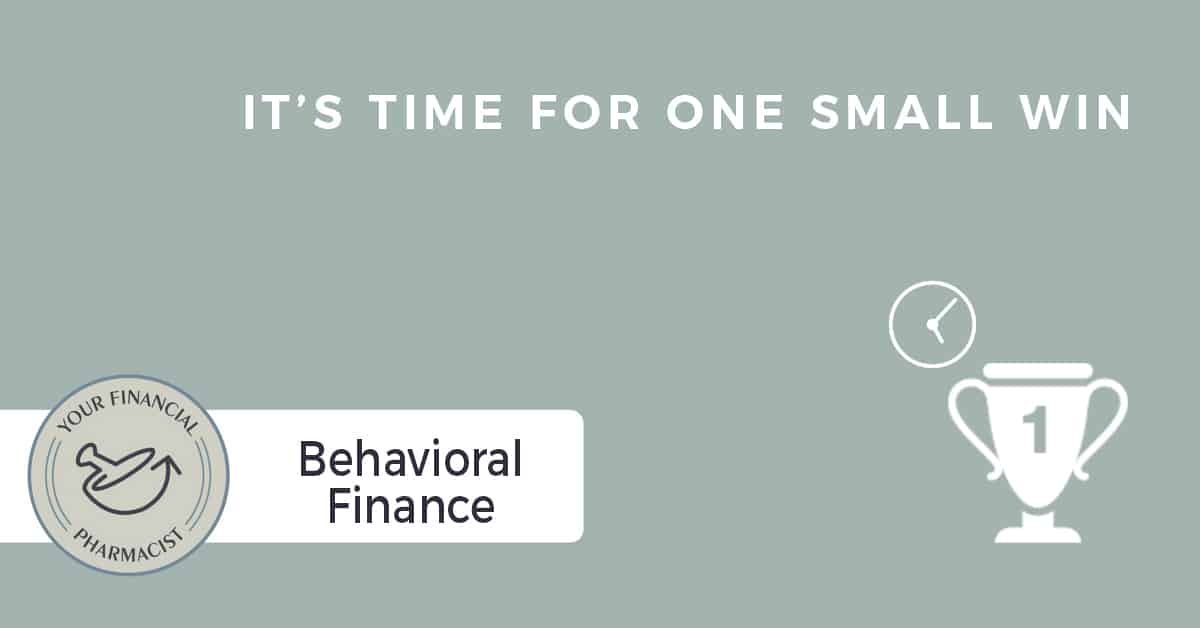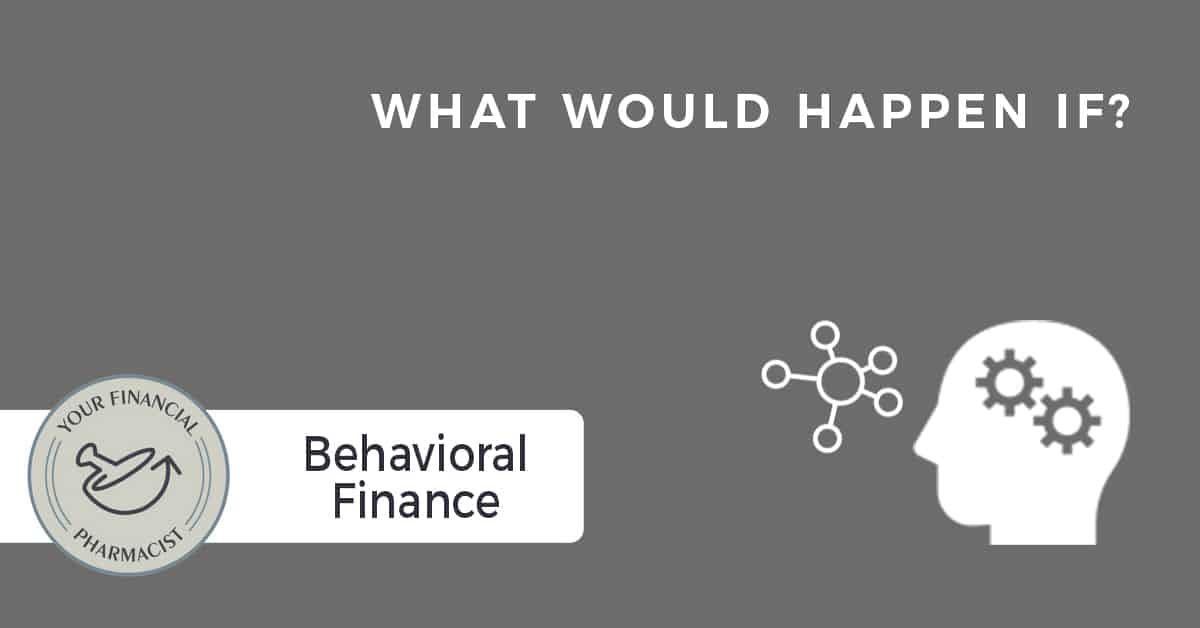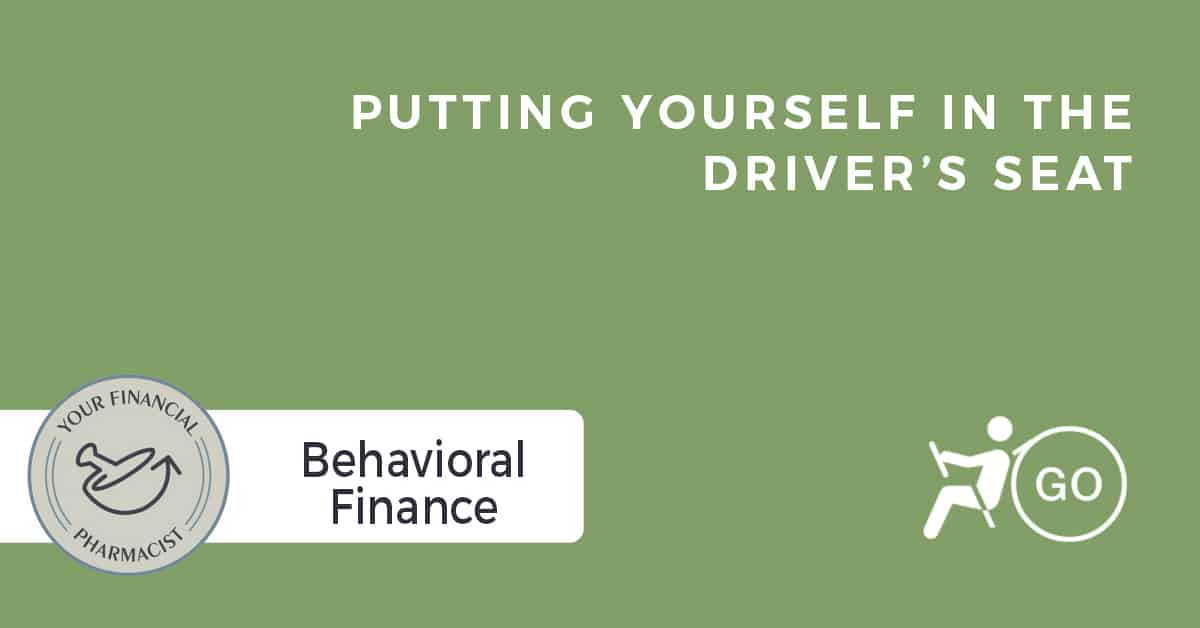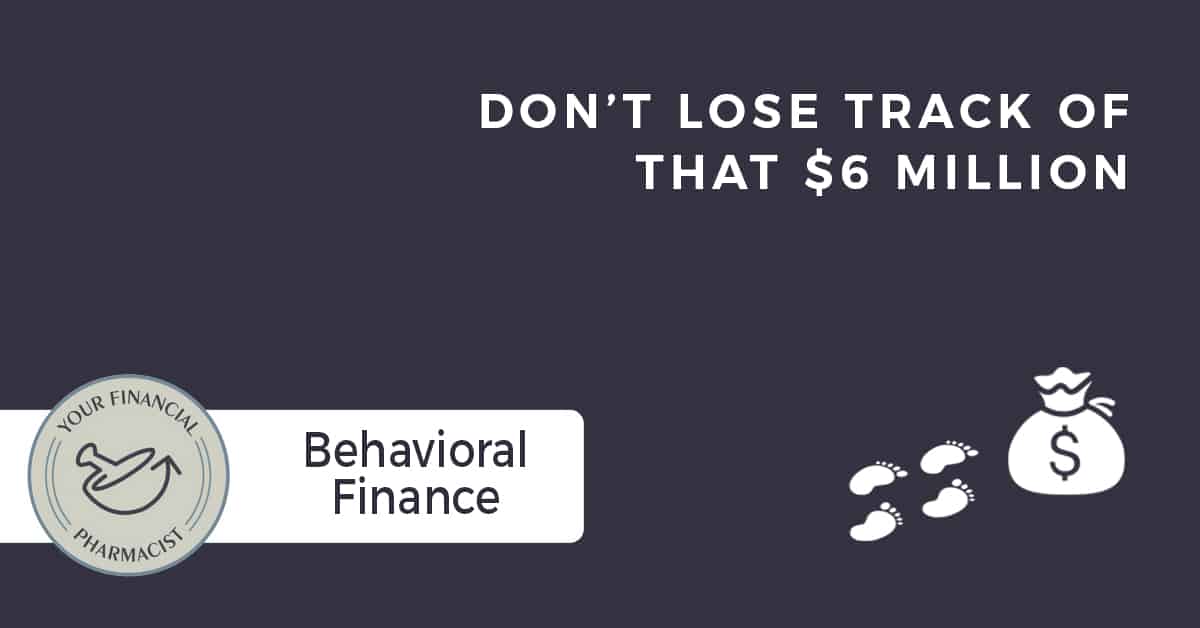The following post contains affiliate links through which YFP may receive compensation.
Live on less than you make. The quintessential maxim when it comes to personal finance. It’s incredibly simple advice and touted by just about everyone. But as you know, it’s easier said than done.
Otherwise, couples 34 and younger would have more than $4,727 in savings and those in their 30s would have more than $45,000 in retirement accounts.
While student loans are one of the biggest culprits for these staggering statistics, it’s certainly not the only factor.
You’ve likely heard the rule of thumb to save and invest 10-15% of your income in order to retire at a reasonable age. While that may work for many, it’s way below the typical amount needed for those pursuing FIRE. In fact, it’s not even close!
FIRE stands for Financial Independence, Retire Early where people pursue having enough money so that they are able to, you guessed it, retire early. Those on the path to FIRE usually have the intention of achieving it in their 30s, 40s, or even 50s. You can get a nice overview of FIRE from this post.
To attain FIRE, most people target saving 50-70% of their income and investing it in index funds and or real estate.
Crazy right?
“How is that even possible!?” you may be thinking.
Cue people living in tiny homes, growing their own food and making bicycles their primary means of transportation.
While there are definitely some taking this movement to that extreme, most pharmacists don’t need to do that to make it work. But it may require A LOT of sacrifices depending on how fast you want to achieve FI!
Assuming you’re single and make the median pharmacist salary of $126,000, after an effective tax rate of 30% (federal/state/local/FICA), you are looking at a net income of $88,200.
So in order to save $44,100 a year, you’re looking at $3,675 a month.
Impossible?
No, but certainly not easy!
If you have a non-working spouse or significant other and kids, that can certainly make things even more challenging but there are many people out there who have achieved FIRE making much less than a pharmacist.
So if you’re not quite at the point of saving half your income, here are some key moves to help get you there.
Eliminate credit card debt ASAP
No one ever plans to go into credit card debt. It’s often the result of either overspending or unexpected medical events or emergencies.
Having credit card debt is really a financial emergency in and of itself given the typical ridiculously high-interest rates. If you’re in this situation, you should make it a priority to get rid of it as soon as possible. Remember, you want compound interest working in your favor!.
Pay off student loans or optimize forgiveness
For most pharmacists, this is going to be the biggest barrier to saving at least half of your income. Assuming you were in the 10-year standard repayment plan with an average student loan balance of $170,000 and a 7% average interest rate, your monthly payment would be $1,973.
Talk about a major FIRE hazard!
There’s no single prescription for taking down student loans when pursuing FI but there are some key considerations.
First, if you have a small student loan balance relative to your income and can knock it out fast such as 1-2 years or less, then, by all means, destroy it ASAP.
However, if that’s not the case and assuming you have exhausted the options of any federal, state, or employer tuition reimbursement programs then you have a couple of options.
First, if you’re eligible for the Public Service Loan Forgiveness (PSLF) program that’s great news because it’s very conducive for those on the early retirement path. Since any amount remaining on your loans after 120 monthly payments is forgiven tax-free, your goal should be to pay the least amount as possible in order to maximize the benefit.
Plus, by contributing and maxing out a traditional 401(k), 403(b), or TSP, you can actually lower your adjusted gross income and subsequently your payments since they are income-driven.
If PSLF is off the table, then refinancing can be a great move. The lower the interest rate, then a greater percentage of your payment will go toward principal and can help to accelerate the payoff. And you can do this multiple times if you can continue to get a better rate. Plus, you also get paid to refinance as companies often offer a cash bonus or as an incentive. We have partnered with several companies that have bonuses up to $800.
Even if you refinance student loans and are making extra payments, you are still going to want to be simultaneously contributing to tax-favored retirement accounts if it’s going to take you a number of years to pay off the loans. Remember, time is the most important component when it comes to compound interest and you can’t go back and contribute to the years you missed out on beyond what’s available when you reach 50.
Lastly, if you happen to be in the unfortunate situation where you have a very high debt to income ratio such as 2:1 or greater, then you may actually consider opting for non-PSLF forgiveness. This is where you can have your balance wiped out after making income-driven payments for 20-25 years through the federal loan program.
However, the caveat is that any balance forgiven will be treated as taxable income, therefore you have to prepare for that extra bill along the way. Even with this, it still may make sense financially, especially if it allows you to maximize your retirement accounts.
If you need help figuring out the best student loan strategy for your situation, you can reach out to one of our financial planners for a customized plan.
Work on reducing housing and transportation costs
You’ve probably heard multiple financial experts say you need to stop getting lattes every day because of the significant opportunity cost. While that may be partially true, focusing on bigger wins like reducing the cost of living and transportation can move the needle significantly more and get you closer to your savings goal. That is unless you are frequenting Morton’s Steakhouse.
Beyond downsizing to lower mortgage or rent payments, many people in the FIRE movement have opted to move to places where there is a lower cost of living, sometimes referred to as Geo-Arbitrage. This can be a really tough decision especially if it requires moving away from family and close friends and means leaving a job you really enjoy. However, out of everything you can do save more money, this could be the one that has the greatest impact.
Another thing to consider is refinancing your mortgage. If you are in an adjustable rate mortgage or have a really high fixed rate, getting better terms could save you a couple hundred bucks per month.
Car payments are another big barrier for many to achieve significant savings. Plus, if you’ve got a gas guzzler, your annual operation costs are not going to be cheap. Beyond that cars depreciate and your goal should be to build assets. Many times, it takes a lot of self-reflection about how you view your car. Most people pursuing FIRE think of it as a means from point A to point B and don’t care what anyone else thinks about it.
NMLS ID: 1681276
320 Blackwell Street
Suite 200
Durham, NC 27701
You can pay off your cars to eliminate any payment but, depending on your situation, you could also sell or trade in your car and downgrade. If you have more than one vehicle, you could consider eliminating one. Depending on where you live, you may be able to get around on a bicycle, e-scooter, or public transportation.
Review recurring monthly expenses
Are there any subscriptions or monthly services you could nix? Be honest with yourself. Are there some that you don’t use anymore but just haven’t sent the email or made the call to cancel? I’m definitely guilty of that.
While some of these expenses can be pretty small, the sum can add up quickly. These include TV (whether cable or streaming services), internet, gym memberships, Amazon Prime, audio streaming (such as Audible or Spotify), your mobile plan, wholesale club memberships, cloud storage, etc.
I really like the apps Clarity Money and Trim as they can connect to your bank account and identify these expenses and even give you the option to cancel right from the interface.
Eat more at home
Going out to eat can one of the biggest budget busters. One dinner for two could cover a week or more of groceries. Consider meal prepping and packing your lunch.
If my wife and I go out to eat, we try to look for a Groupon or go somewhere during happy hour when the food is cheaper or just get appetizers.
Keep entertainment free or low cost
One of my favorite things to do on the weekends is spearfishing off the beach. It’s an incredible workout, a great way to spend time with friends, and the best part is that it’s free, that is once I bought all the gear. Plus, if I’m successful with harvesting some snapper, my grocery bill goes down.
I also check out free concerts in the area such as the Petty Hearts, which is a Tom Petty and the Heartbreakers cover band. For those of you who don’t know, Tom Petty was a rock icon known for songs such as Freefallin’, The Waiting, and American Girl.
There are a lot of activities you can do for free or that are relatively inexpensive. If you really focus on the things that bring you the most happiness, you’ll probably discover that you don’t have to shell out much cash to do them.
Now if you’re someone who loves to travel you may have to scale back or get creative on how your trips are financed. There is a whole other movement of travel hacking, where people use different credit card points and offers to fund vacations.
Pursue additional income streams
If you’ve made all the moves above and are still struggling to hit your savings goal, you have another lever to pull. Even though your salary may be fixed, your income is not.
Many pharmacists have been featured on our podcast who have one or more side hustles in addition to their full-time position to help fund their financial goals. Some have used their pharmacy skills and knowledge in their side hustles, whereas others have other passions and hobbies they have been able to monetize.
If you need some ideas on how to make additional money, check out the post 19 Ways to Make Extra Money as a Pharmacist in 2020.
Conclusion
Whether or not you’re part of the FIRE movement, you can use many of these tactics to improve your savings rate. While I know there was nothing presented that was particularly profound, hopefully, it made you take a look at your current savings percentage and analyze the actions you need to take.
What I have found after about 5 years of putting 50-60% of my income toward a combination of student loans and savings, it’s all about contentment. Initially, I was concerned that a dramatic shift in my spending would cause my happiness to go down, but in reality, the opposite occurred and made me focus on what’s most important.
What is the one thing you could do that would immediately get you closer to saving half your income?
Current Student Loan Refinance Offers
[wptb id="15454" not found ]Recent Posts
[pt_view id=”f651872qnv”]

